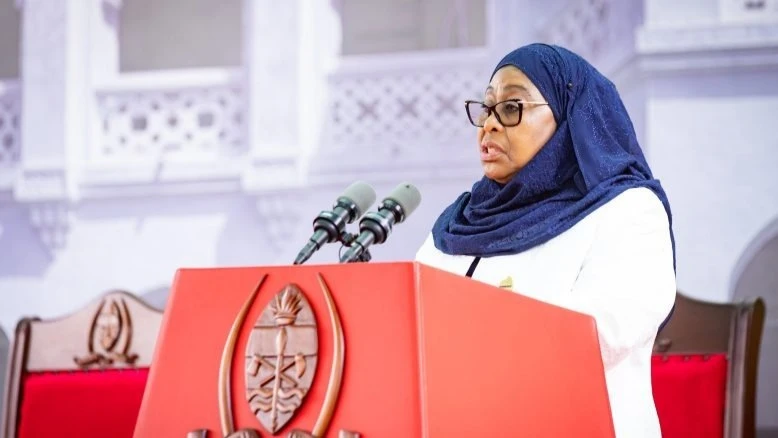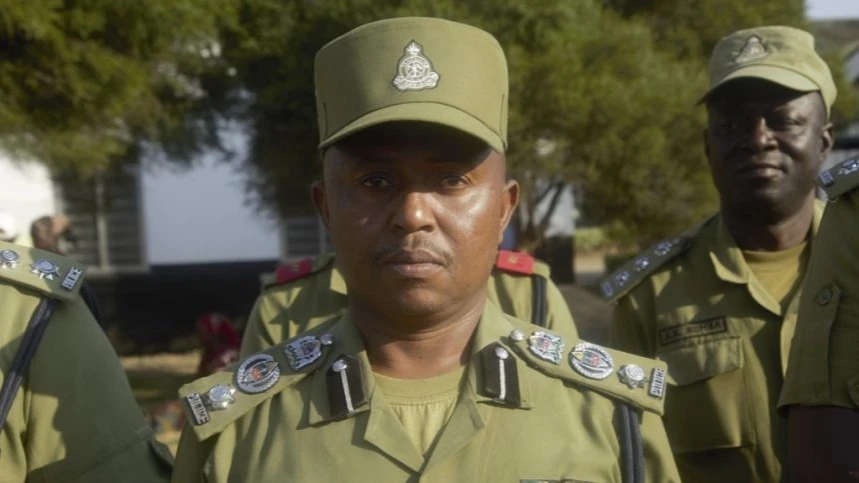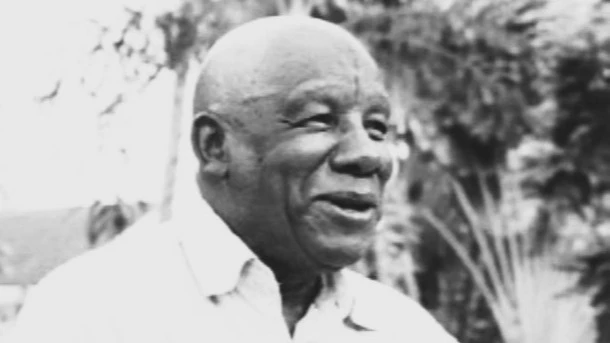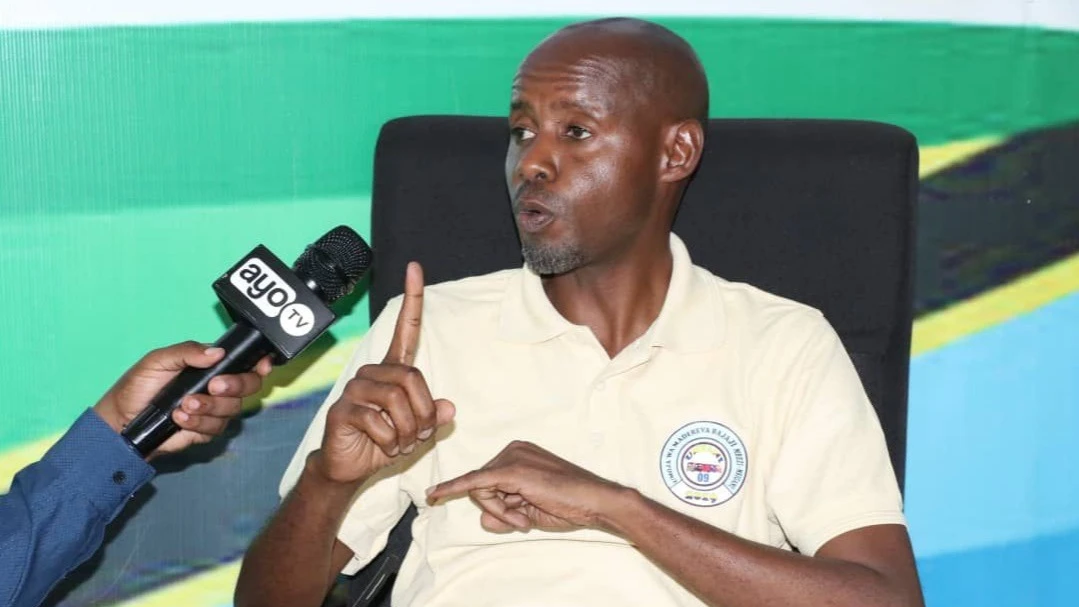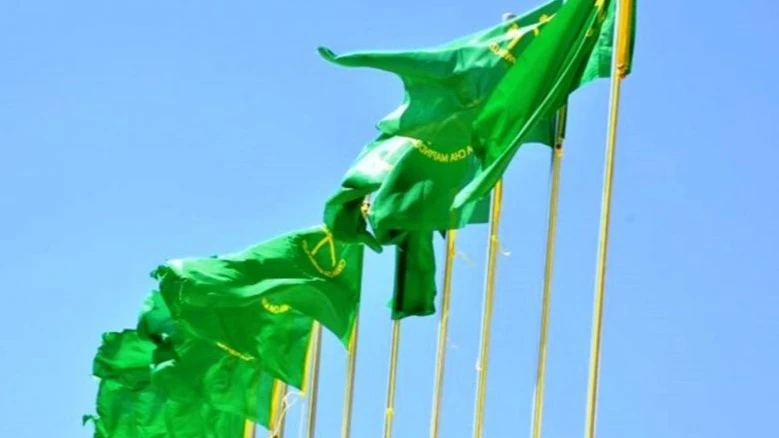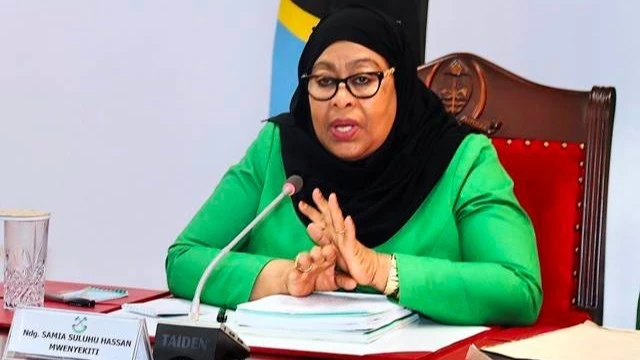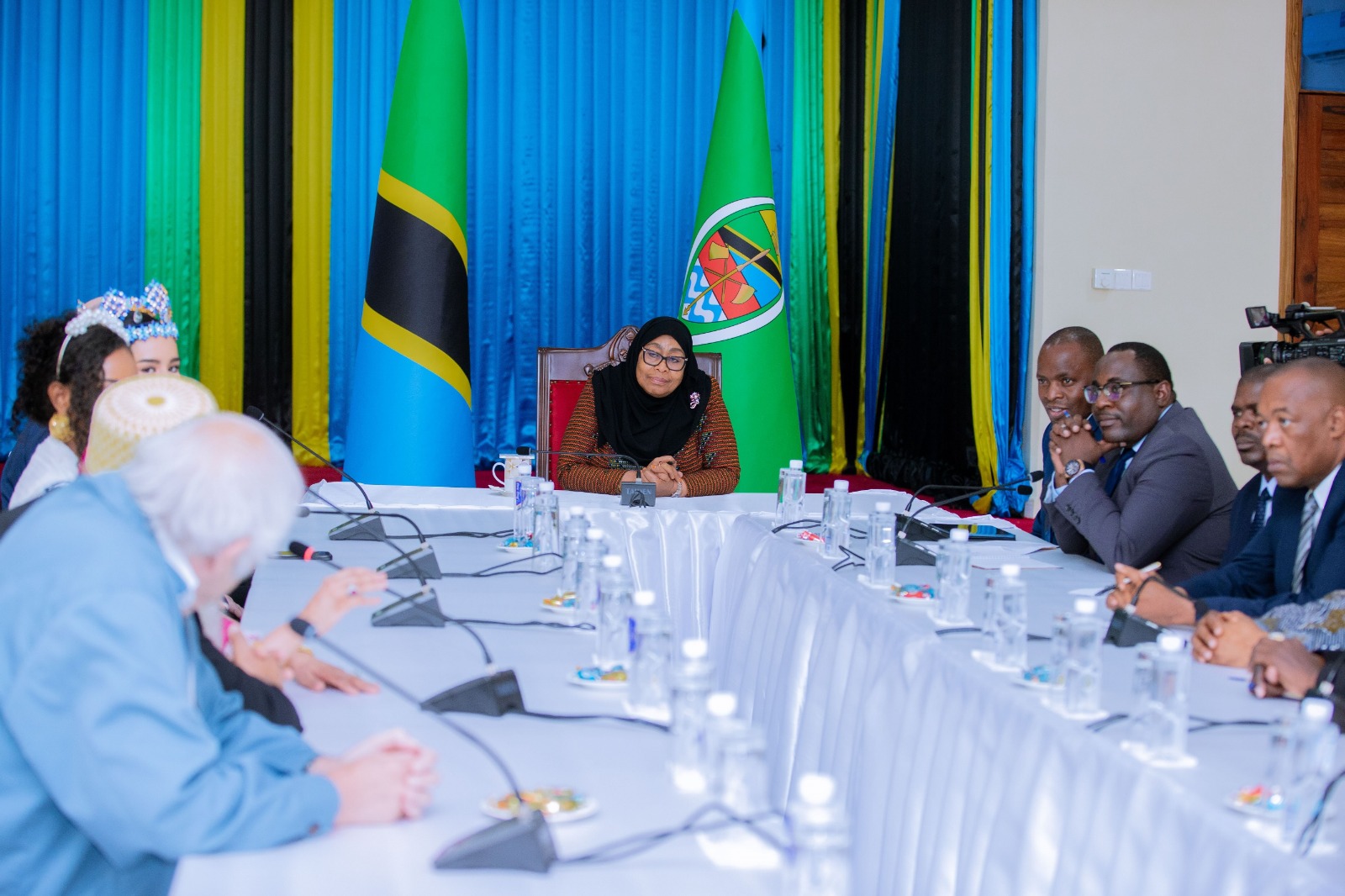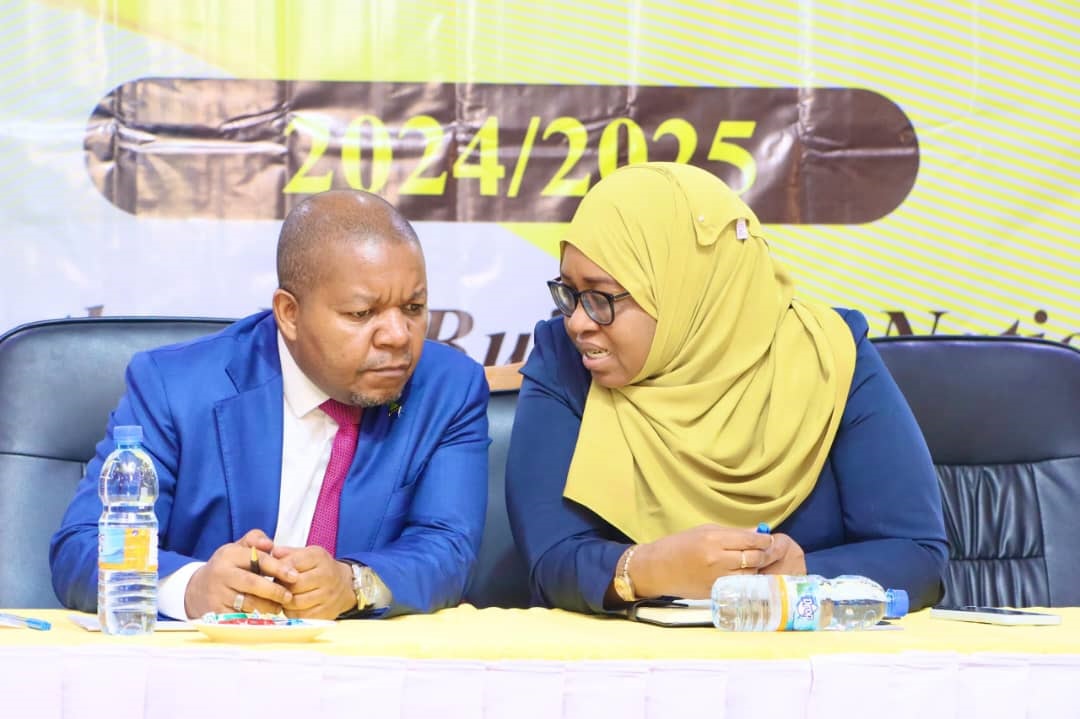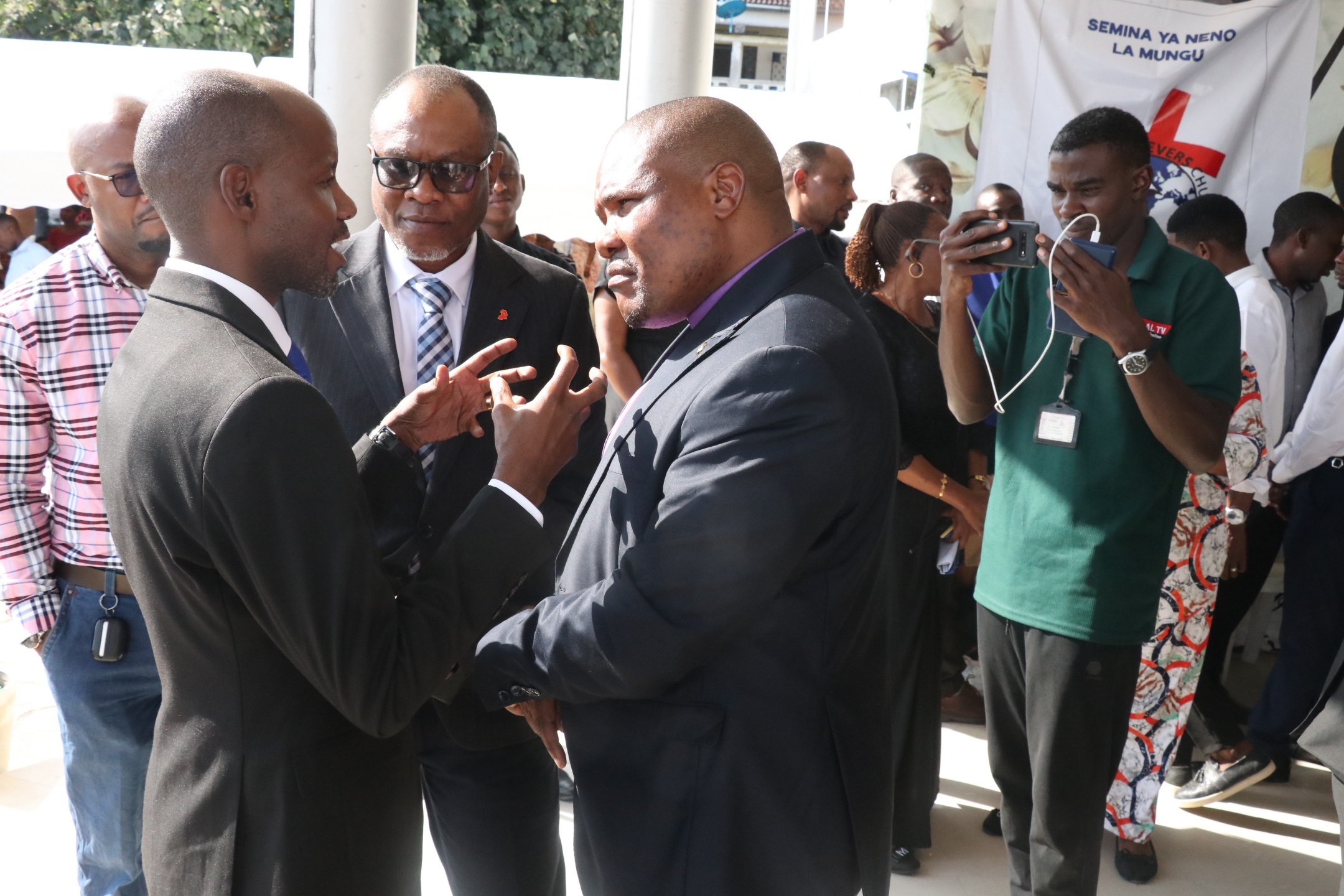Dr Hassy Kitine, former TISS chief, is dead at 82
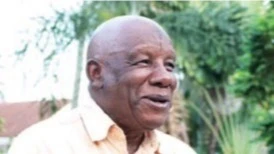
FORMER cabinet minister and ex-Tanzania Intelligence and Security Services (TISS) director general, Dr Hassy Kitine, has died at the age of 82.
Family members confirmed that Dr Kitine passed away peacefully in Dar es Salaam yesterday after a period of illness. Funeral arrangements are underway and will be announced in due course, a family spokesman affirmed.
Available biographies indicate that the late senior public servant was born in 1943 in Kisinga village, Lupalilo ward of Makete District now in Njombe Region, attaining a first degree in economics from the University of Dar es Salaam.
He had a career spaces out between academics, military profession and intelligence, and in his entire public life he was best known for his stewardship of the country’s security and intelligence services, despite that he served there for upwards of six years, from 1978 when he was a major in the Tanzania People’s Defence Forces (TPDF) up to 1981.
The civil service gap after leaving TISS was garlanded with excellent academic pursuits as he was posted in Canada, where he lived for 15 years with his family, having secured a full scholarship that enabled him to do his masters and doctorate in economics.
Hyperactive, he collected forms for the presidential candidacy nomination for the ruling party, was filtered out along with many others, and then briefly served as a cabinet minister as President Benjamin Mkapa took office late 1995.
He fell victim to rumours of a supposed sugar importation scam that rocked the cabinet of ministers, where the more prominent resignation was of the then Finance minister, Prof Simon Mbilinyi, a respected economist who once served as presidential economic affairs adviser.
President Mkapa preferred rapid cabinet resignations to avoid extensive parliamentary debates on the supposed scandals, while his successor, Jakaya Kikwete, let those debates run their course, destabilising the Edward Lowassa premiership as he was forced to resign.
The next president, Dr John Magufuli, moved to clampdown on scandal mongering, obtained parliamentary stability and cohesiveness in pursuit of development activities, but the itinerary of scandals was left dormant after political capital was gained, in strengthening opposition parties.
Few other individuals combined ardent academic disposition, a proactive military career as an intelligence specialist, and parliamentary politics where he became MP for Makete with the 2000 general election.
His stewardship as intelligence chief was tied up with the Tanzania-Uganda war, taking the post just before the conflict broke out with a border invasion late 1978, and then leaving the post in the reorganisation that followed the war, vacating the post in 1980.
There was hence a rebirth to his career as he left the country and despite his official engagements, used the period to study and build a new career, shifting to lecturing economics and then trying his hand in electoral politics.
He was one of those whose careers suffered from smear campaigns of opposition politics, whose exemplary moment was late1992 when stellar post-independence cabinet minister who for a long time lived in exile in Britain, told a rally that former president Julius Nyerere and veteran premier Rashidi Kawawa had hidden money outside that could feed Tanzanians for three years.
Nyerere replied with a note of intent to haul Kambona to court for defamation, at which he stopped the claim and never elaborated upon it later, nor indeed any of his admirers or media outlets.
Colleagues said over the years that Dr Kitine was widely recognised for his discipline, patriotism and deep understanding of statecraft, underlining that he was a man of integrity, discretion and strategic insight.
He was among the second generation leadership after the post-independence group, and remained relevant at the national level well into the third phase presidency, more than 20 years after he left office as head of intelligence.
Dr Kitine is survived by his wife, children, and grandchildren, family members noted.
Top Headlines
© 2025 IPPMEDIA.COM. ALL RIGHTS RESERVED








